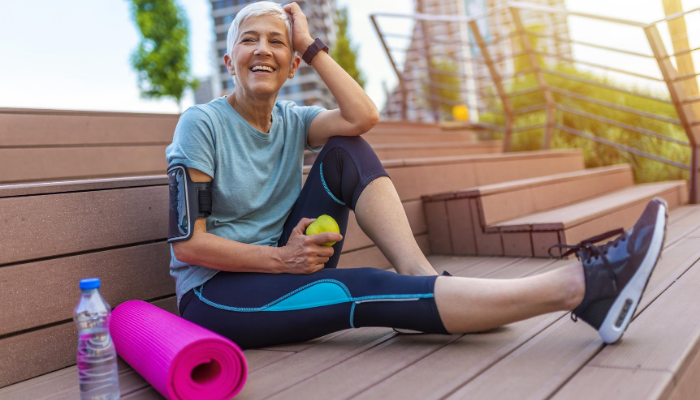Exercise and good nutrition are two of the pillars of a healthy lifestyle. If you are investing the time and effort in a daily exercise routine, you probably want to know how nutrition can support your fitness.
Should you have a protein shake before you exercise, or after, or both? What about fueling during your workout? Thankfully, supplements and complicated diets aren’t necessary for you to reap the benefits of your fitness routine. Instead, focus on foods that nourish your body and give you the energy you need.
There are some general guidelines for fueling and hydration that you can follow before, during, and after a workout – read on to learn more.
Exercise Nutrition Basics
The American Heart Association suggests these nutrition guidelines as a starting point:
Before the workout - About two hours before you plan to work out, hydrate with plenty of water, and eat a small serving of healthy carbohydrates. If you are pressed for time – 5 to 10 minutes before you start – eat a banana, apple, or other easy-to-digest fruit.
During the workout – No need to eat if your workout is less than 60 minutes. You should stay hydrated by sipping water – no sports drink needed.
After the workout – Drink up. You need to replenish the fluids lost through sweat – plain water is usually fine. A small meal with a mix of quality carbohydrates and protein will aid in muscle repair.
We’ll explore these suggestions in more detail below. Always keep in mind, as with any nutrition suggestions, that everyone is different. It’s important to find what works best for you instead of sticking to a generic plan.
Do Senior Athletes Have Different Nutritional Needs?
You may be wondering if senior athletes have specific nutritional needs that are different from a younger person’s.
Whether you fall into the masters category or not, the guidelines for good nutrition are essentially the same. However, senior athletes may benefit from making slight adjustments to their diet as they age. These include remembering to:
- Eat an appropriate number of calories (every person’s caloric needs are highly specific, based on their body and level of activity).
- Consume foods with vitamin D to support healthy bones.
- Eat enough protein.
- Drink enough water to stay hydrated throughout the day.
What to Eat Before Exercising
Fueling your body before a workout will give you the energy you need to perform your best, plus it can help minimize muscle damage.
Nutritionists use the term “macronutrients” or “macros” to describe the key building blocks of a healthy diet. Keep these macros in mind as you prepare a pre-workout meal or snack.
- Carbohydrates. Carbs are essential for maintaining your energy during a workout. Carbs may include foods like fruit, whole-grain bread, or oatmeal.
- Protein. Eating protein before a workout can help you improve your muscle strength and decrease the amount of time it takes you to recover. Examples of protein to eat before working out are almonds or Greek yogurt.
- Fat. Eating healthy fats can help fuel your body for longer workouts that aren’t as intense. Healthy fats could include avocado or peanut butter.
Simple, whole foods should be the focus of your pre-exercise meal. Despite what you may have been led to believe, pre-workout supplements are not needed to achieve great fitness results. If you are curious about trying one, be sure to discuss it with your doctor first.
Lastly, don’t forget to stay hydrated throughout the day. The American Council on Exercise suggests drinking:
- 17 to 20 fl. oz. of water two to three hours before exercise
- 8 fl. oz. 20 to 30 minutes before exercise
When to Eat Before Exercising
Just when you should eat a snack or meal before your workout has been a subject of much debate. And again, it all depends on you - your body, the type of workout you are about to do, and what you prefer.
As a general rule, the more time you have before a workout, the larger a meal you can consume. Conversely, if you only have about 30 minutes before a workout, but need to eat something, you’ll need something smaller and easy to digest. Try different types of meals or snacks to see what works best for your body.
Also, a more intense workout will likely require a larger meal. Different types of exercise need different types of macros. For example, a strength-training workout will benefit from meals higher in protein. A cardio-heavy workout will need more carbohydrates.
Remember, it’s not just the meal you eat right before working out that can have an effect on you; it’s your overall diet. So don’t stress too much about the perfect pre-workout meal!
What to Eat During Exercise
Generally, you won’t need to eat during a workout that’s less than an hour long. That’s because your body can pull from its own energy stores during this time.
When your scheduled session lasts longer than 60 minutes, experts recommend you fuel with a carbohydrate-rich food like bananas or raisins. Aim for between 50 to 100 calories every 30 minutes.
Otherwise, stay hydrated by taking small drinks of water throughout your workout. The ACE recommends 7-10 fl. oz. every 10-20 minutes during your workout, but experiment to find an amount that keeps you hydrated and comfortable.
What to Eat After You Exercise
Jumpstart the recovery process by consuming a balanced meal 30 to 45 minutes after your workout.
Think back to those macronutrients and apply them here, too. A combination of protein and carbs, with some healthy fats, is a good way to replenish your body’s energy stores after a workout.
Fitness Blender offers a list of great post-workout snacks and meals, including:
- Grilled chicken and veggies in pita bread
- Avocado toast with an egg
- Fruit smoothie with peanut butter and a banana
- Hummus and whole-grain crackers
Again, hydration is key to replace the fluid you lost through sweating.
- Drink an additional 8 ounces of fluid 30 minutes after exercise
- Drink 16 to 24 ounces of fluid for every pound of body weight lost during exercise
Plain water is usually fine unless you had a very long (or very sweaty) workout. If so, a sports drink with electrolytes can help you replenish the carbs, sodium, and other minerals lost during exercise.
Everyone, no matter their age, can benefit from strength training. And, best of all, it can be done anywhere - even in your home. Read our guide to strength training for seniors and put your new nutrition knowledge to good use.
Read strength training tips >>






